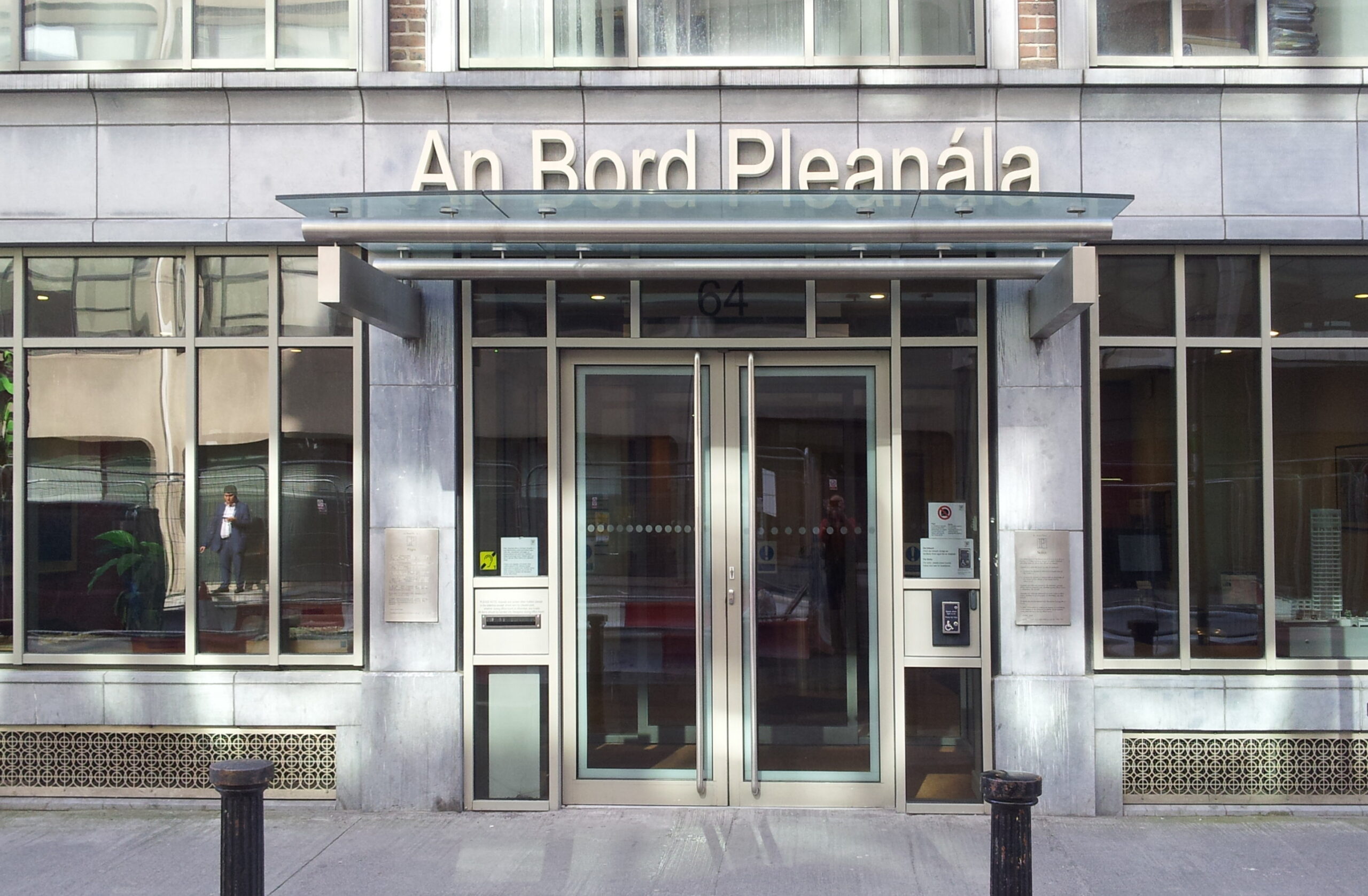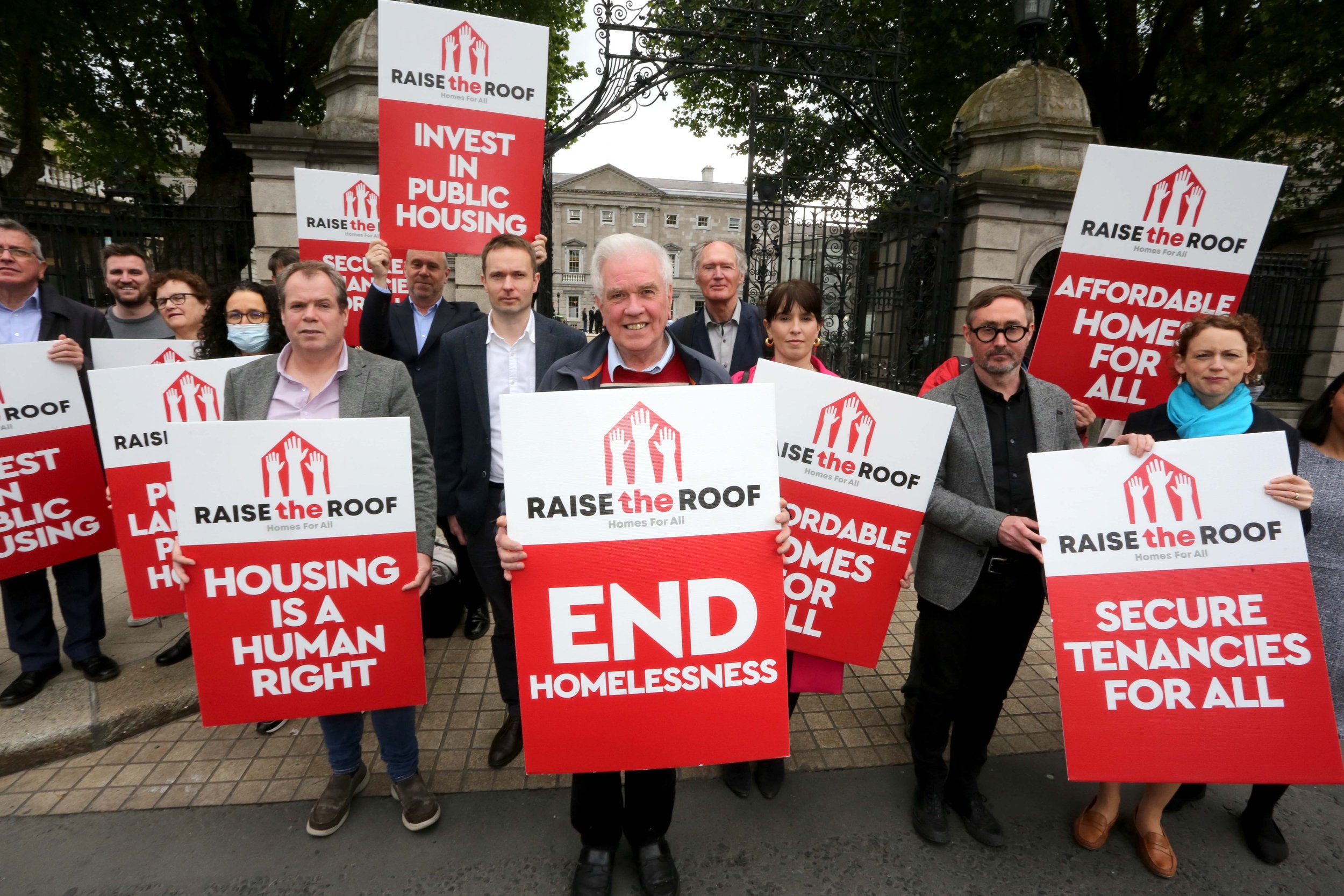
Rent Tax Credit should be easier to access
Letting people know, in simple terms, what they are entitled to and how to get it is the basic level of public service that we should be able to expect from Government.

Letting people know, in simple terms, what they are entitled to and how to get it is the basic level of public service that we should be able to expect from Government.

Optimism has its place but the reality of the current housing and homelessness issue should not inspire it.

Most people want a speedier, more efficient planning process, but we must consider the question of who it will be benefit most. Will it be better for local communities, for the environment, for biodiversity, for climate action? We need more housing, but we also need climate action and the former cannot compromise the latter.

Christians don’t need to wage any wars in defence of Christmas. But we do need to find new ways to sustain the transformative message of Christmas in our contemporary age.

Weeks of relentless advertising have started, all designed to part people from their money at this, ‘the most wonderful time of the year’. But there’s nothing wonderful about it for the 11,000 people who are homeless, or for more than 3,000 children who will spend it in emergency accommodation. What kind of Christmas are they going to have?

Even when landlords are not selling up, tenants in private rental accommodation have limited security. One recent example reveals that private tenants in receipt of HAP don’t have the same security of tenure as someone in local authority housing, yet subsidising tenants in private rentals has been used by the State for years as a substitute for directly providing a functioning social housing system.

Our research had shown us, time and time again, that homelessness is not an inevitability, not some unintended by-product of the normal functioning of an economically developed society that had to be accepted as a part of life. The well intentioned, but essentially incorrect, statement that ‘homelessness can happen to anyone’ is not backed by the evidence.

During Covid-19, the eviction ban was considered to be constitutional because we had a health emergency. It could now be re-instated on the grounds that we have a housing emergency.

Homelessness organisations and others in the non-profit sector have always been involved in advocacy and therefore in shaping government policy. This report continues this practice not only by its analysis of the two most recent Irish housing strategies but also by examining international examples of housing and homelessness policy.

A referendum on the right to housing would reflect what our values as a society are, at this point in time.
Working Notes is a journal published by the Jesuit Centre for Faith and Justice. The journal focuses on social, economic and theological analysis of Irish society. It has been produced since 1987.